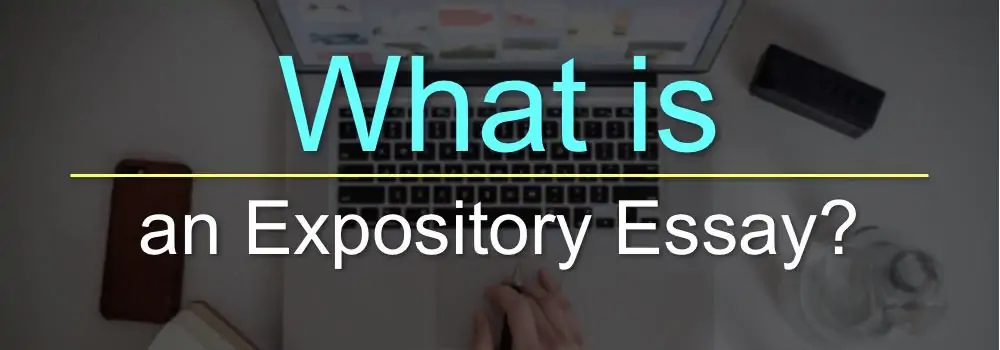Students of all disciplines and subject areas are tasked with writing expository essays at some point in their studies. So what is an expository essay, and how do you write a great one? Read on to find out!
Definition:
An expository essay requires the writer to research and investigate an idea, gather supporting evidence, and present a point of view or argument on the topic. This can be done through multiple methods, including compare and contrast, cause and effect, or examples. Simply put, and expository essay is a research paper.
How to write a great one:
There are many ways to write a great essay, however all expository essays follow the same basic steps. One effective method of writing is known as the POET method.
P for Purpose
- Every expository essay has a purpose. Sometimes the topic is selected by your teacher. Other times, it is up to you to select a topic to write about.
- If you are selecting your own topic to write about, be sure to choose one that is specific enough to tackle within the confines of an essay.
- If your teacher has chosen the purpose or topic for you, be sure to pay attention to the verbs in the prompt. Look for words such as analyze, compare, connect.
- Strong essays are consistent throughout, never deviating from the central purpose.
O is for Organization
- Start your essay with an introductory paragraph. This should set the stage for the rest of the paper and include your thesis statement, which we will discuss later. The introductory paragraph is your opportunity to grab the reader’s interest and attention for the rest of the paper.
- A good essay should be well organized into body paragraphs, with each describing a certain supporting piece of evidence and how it connects to your purpose.
- Each paragraph should have a topic sentence, which demonstrates to the reader what the paragraph will be focusing on. Be sure to focus on how each body paragraph supports your thesis.
- End your paper with a conclusion paragraph. This should not simply be a re-statement of the thesis statement. Instead, think of how each piece of evidence you presented ties back to your thesis. Be sure to avoid introducing new ideas in the conclusion.
E is for Evidence
- Great essays do more than simply make claims. Instead, they present an idea that is backed up by evidence found in outside sources.
- Your evidence should be from reputable and well-respected sources.
- Be sure to cite each source that you use to form the evidence of your paper. This is very important, as it demonstrates your commitment to research for your topic, and will prevent accusations of plagiarism. BibMe has citation services that can help you create a bibliography in MLA format, APA format, or other citation styles.
T is for Thesis
- Your thesis statement is the driving idea for the rest of your paper. It is the point of your paper, and is what each body paragraph and piece of evidence attempts to support.
- Generally, your thesis statement should be the last sentence of your introductory paragraph.
- Be careful not to simply re-state the purpose or prompt. Instead, it should preview what your thoughts on the topic are, and how you plan to solidify your claim. Be as specific as possible.
Example prompt: Describe how the use of digital devices effects children’s development. What are the pros and cons of digital devices being used by young children?
Weak thesis: Too much time spent on a digital device is bad for children.
Strong thesis: Although electronic devices can provide educational content, parents should regulate the amount of time children spend on digital platforms, as they can inhibit social interaction, shorten attention spans, and cause unhealthy sleeping habits.
Before turning in your paper, don’t forget to do a final proofread of your paper. It’s a good practice to review your final draft for spelling, formatting, consistency, and other grammar considerations. There are also online grammar check services that automatically scan and proofread our paper for you.
These steps will create a more robust, well-thought-out essay. Now that you know the basics, go out and begin writing with confidence!
Need APA citations? Or citations in MLA, Chicago, Harvard, or another style? Try BibMe’s citation services.

